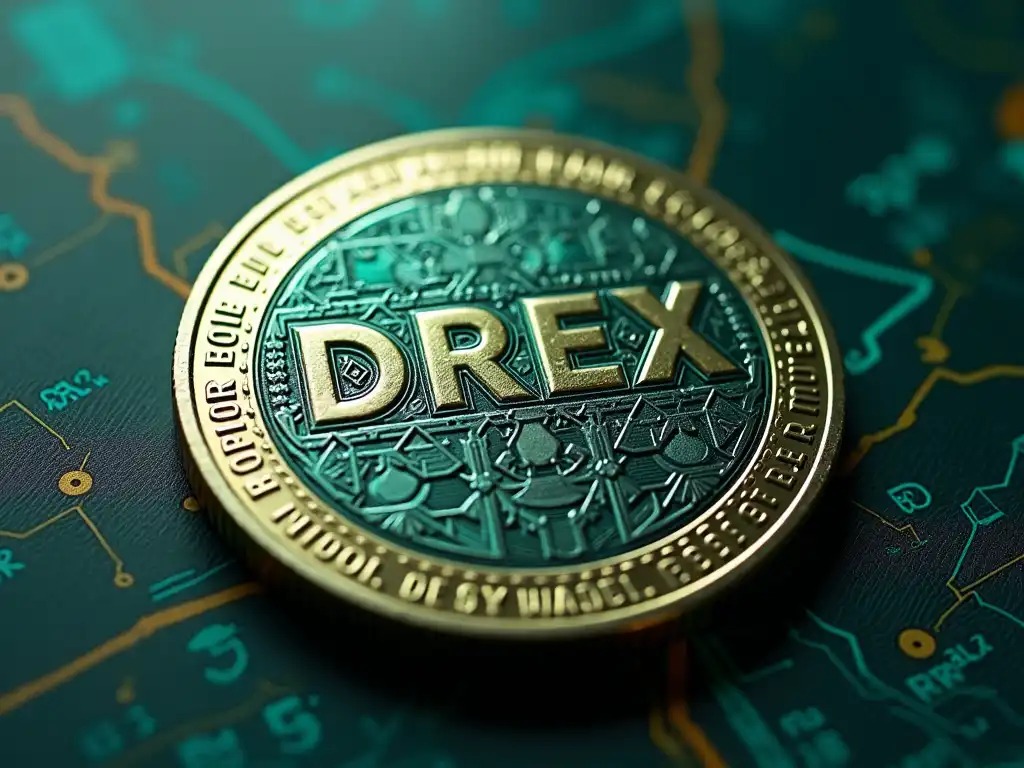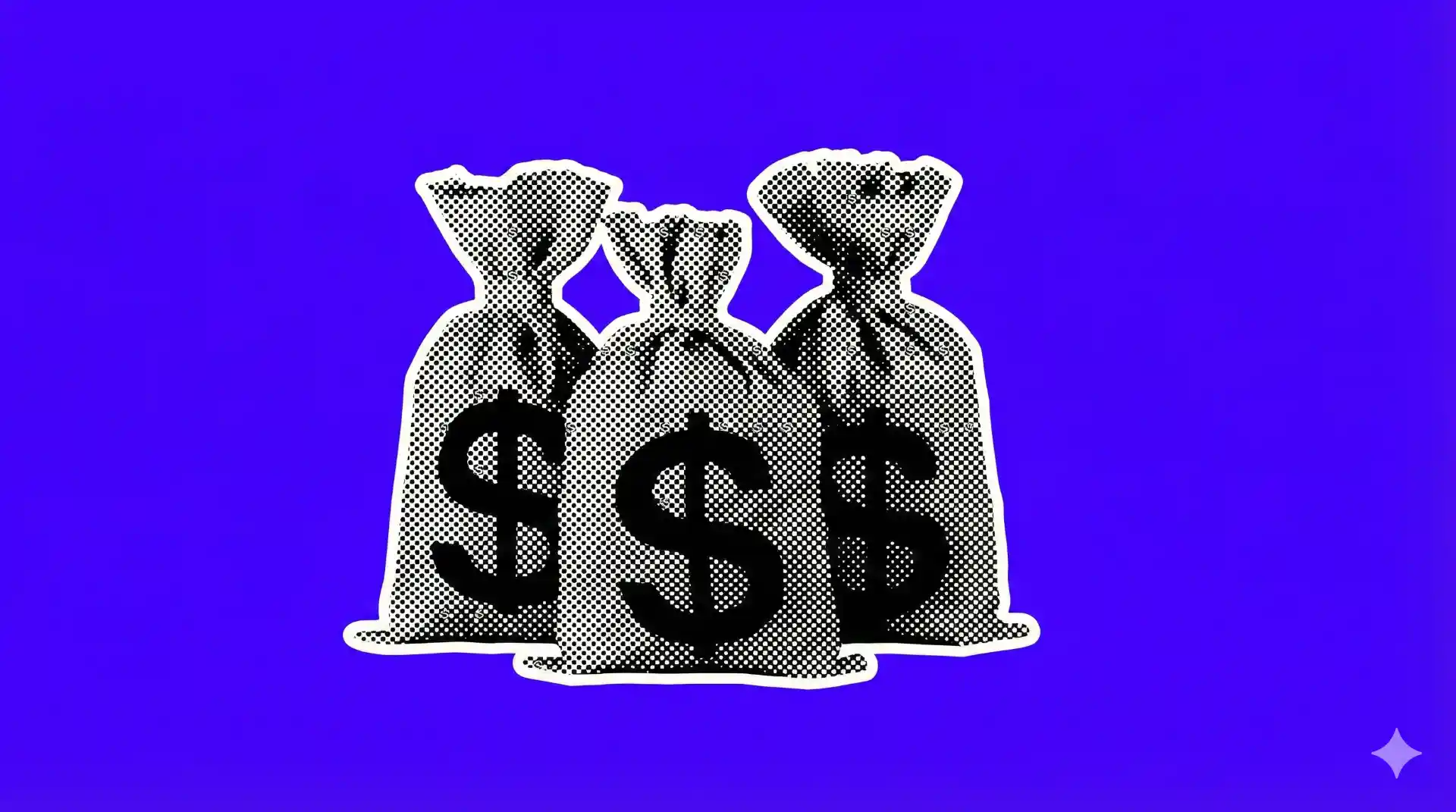Control tool or risk to freedom? What you need to know about the Brazilian digital currency in 2025

Control tool or risk to freedom? What you need to know about the Brazilian digital currency in 2025
The Brazilian digital currency, called Drex, is about to usher in a new era in the way we handle money.
Expected to be released to the public in 2026, the currency is already arousing intense debates about its implications: while it promises to modernize financial transactions and expand inclusion, it also raises questions about privacy and the potential for state control.
What is Drex?
Unlike other financial innovations, Drex goes beyond being a simple digital version of the real. Built on blockchain technology, the coin will be able to execute smart contracts, allowing for complex transactions with less red tape and reduced costs. With it, it will be possible to negotiate everything from real estate to tokenized bank certificates, opening up new possibilities for the financial market and for the final consumer.
During 2025, the Central Bank is already leading an intensive phase of tests with banks and fintechs, exploring practical applications in sectors such as real estate and automotive. This period is important for aligning technology and regulation before its general availability.
Privacy in check?
While the coin promises efficiency, Drex also carries concerns. In a recent statement, political scientist Adriano Gianturco warned about the risks of centralizing state control. According to him, the complete digitization of currencies can give the government tools to monitor and even restrict the use of resources by citizens, representing a potential attack on financial freedom.
This alert reinforces the need for a public debate on governance and digital security, so that Drex can benefit society without opening loopholes for abuses of power.
Innovation for companies and government
In addition to the implications for people, Drex is seen as a strategic opportunity for financial companies. Institutions such as Banco do Brasil and Caixa are developing innovative solutions based on tokenization technology, promising to increase transparency and reduce costs in international transactions.
The public sector could also benefit. With Drex's improved traceability, it would be possible to improve the management of public resources, reducing waste and strengthening oversight mechanisms.
A promising future, but full of challenges
As 2026 approaches, Drex symbolizes a major transformation in the Brazilian financial system. However, the success of this digital currency depends on regulations that reconcile efficiency, privacy, and freedom.
Meanwhile, companies and citizens must prepare, seeking to understand the changes and adapt to new possibilities and risks.
Stay up to date with market news and follow everything about privacy, technology, artificial intelligence and corporate governance by clicking here.
Posts Relacionados
Informação de valor para construir o seu negócio.
Leia as últimas notícias em nosso blog.


Da reação à predição: a evolução inevitável do enterprise risk management
ERM reativo está morto. Descubra como IA, continuous monitoring e predictive analytics transformam GRC.





